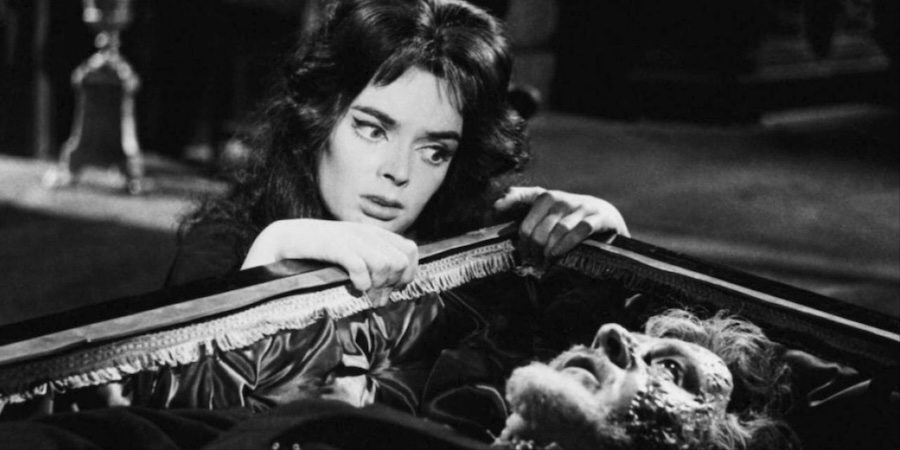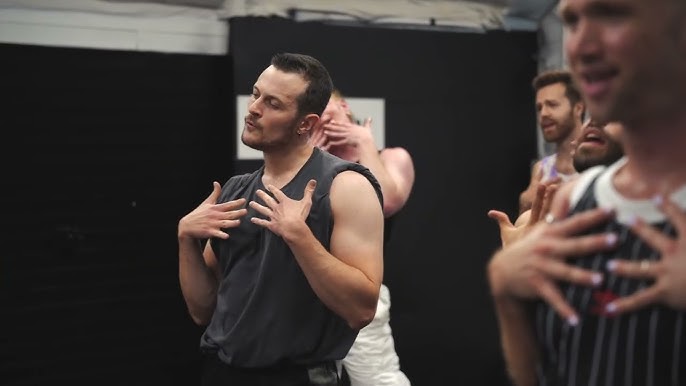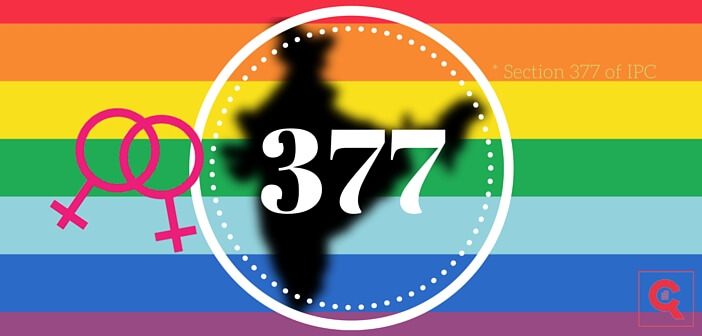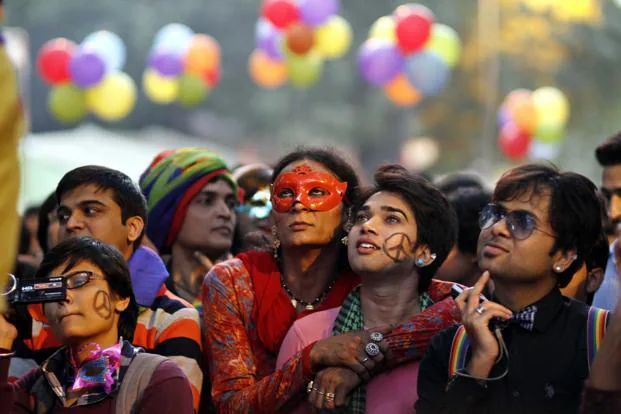In the ever-evolving landscape of cinema, where genres blend and boundaries blur, Jessica Lee Gagné, the Emmy-nominated cinematographer behind Apple TV+’s mind-bending series Severance, is poised to make her mark as a feature film director. Her debut project, an erotic thriller, promises to weave her signature visual artistry with the provocative allure of a genre known for its intoxicating blend of desire, danger, and suspense. Gagné’s transition from the camera’s lens to the director’s chair is a natural evolution for an artist whose work has consistently pushed boundaries, crafting narratives that linger long after the credits roll. This article delves into Gagné’s career, the cultural and historical significance of the erotic thriller genre, her potential approach to the project, and the broader implications of her bold new venture in contemporary cinema.
A Visionary Behind the Lens
Jessica Lee Gagné’s rise in the film industry is a testament to her unique perspective and technical prowess. Born and raised in Quebec, Canada, Gagné’s early exposure to the arts was shaped by a cultural milieu that valued both French and English influences, fostering a bilingual and multifaceted approach to storytelling. Her work as a cinematographer has been defined by a meticulous attention to detail, an ability to evoke mood through lighting and composition, and a knack for translating complex narratives into visually compelling imagery.
Gagné’s breakthrough came with her work on Severance, the Apple TV+ series created by Dan Erickson and directed by Ben Stiller and Aoife McArdle. The show, which explores the dystopian concept of surgically separating employees’ work and personal memories, earned critical acclaim for its unsettling atmosphere and striking visuals. Gagné’s cinematography played a pivotal role in crafting the show’s sterile, labyrinthine corporate world, juxtaposed with the raw emotional undercurrents of its characters. Her ability to balance stark minimalism with psychological depth earned her an Emmy nomination, cementing her status as a rising star in the industry.
Beyond Severance, Gagné’s portfolio includes a diverse array of projects that showcase her versatility. She has lensed music videos, short films, and independent features, working with directors who value her ability to transform abstract concepts into tangible visual experiences. Her work on the short film Fauve, directed by Jérémy Comte, garnered international attention and an Academy Award nomination for Best Live Action Short Film in 2019. The film’s haunting portrayal of childhood innocence colliding with nature’s indifference was elevated by Gagné’s evocative cinematography, which captured the stark beauty of rural Quebec with an almost painterly quality.
Gagné’s transition to directing is not unexpected for those familiar with her career. Cinematographers often possess a deep understanding of narrative structure, visual storytelling, and collaboration with actors and crew. Her announcement, first revealed on The Cinematography Podcast and later amplified by outlets like GoldDerby, has sparked excitement among fans and industry insiders alike, eager to see how her visual sensibility will translate into the director’s chair.
The Allure of the Erotic Thriller
The erotic thriller, as a genre, occupies a unique space in cinema history, blending the visceral intensity of suspense with the raw emotional and physical stakes of desire. Emerging in the 1980s and reaching its peak in the 1990s, the genre captivated audiences with its provocative narratives, complex characters, and stylized aesthetics. Films like Fatal Attraction (1987), Basic Instinct (1992), and Body Heat (1981) defined the genre, offering a heady mix of psychological tension, sexual chemistry, and moral ambiguity.
Historical Roots and Cultural Context
The erotic thriller’s origins can be traced to the noir films of the 1940s and 1950s, where femme fatales and morally compromised protagonists navigated shadowy worlds of crime and betrayal. Films like Double Indemnity (1944) and The Postman Always Rings Twice (1946) laid the groundwork for the genre, with their sultry atmospheres and tales of forbidden desire. The sexual revolution of the 1960s and 1970s, coupled with loosening censorship standards, allowed filmmakers to explore more explicit themes, paving the way for the erotic thriller’s rise in the 1980s.
By the late 20th century, the genre became a cultural phenomenon, reflecting societal anxieties about gender roles, power dynamics, and the AIDS crisis. The femme fatale, a staple of the genre, evolved from noir’s calculating seductress into a more complex figure—empowered yet dangerous, desirable yet destructive. Directors like Adrian Lyne, Paul Verhoeven, and Brian De Palma became synonymous with the genre, crafting films that pushed boundaries while captivating mainstream audiences.
The 1990s marked the genre’s commercial peak, with films like Basic Instinct grossing over $350 million worldwide and sparking heated debates about representation and exploitation. However, by the 2000s, the erotic thriller began to wane, overshadowed by the rise of superhero films, CGI-driven blockbusters, and changing cultural attitudes toward explicit content. The genre’s decline was also influenced by the advent of the internet, which shifted adult-oriented content to more accessible platforms, reducing the need for theatrical releases.
A Modern Revival
In recent years, the erotic thriller has experienced a quiet resurgence, driven by filmmakers seeking to reclaim and redefine the genre for contemporary audiences. Films like Gone Girl (2014), The Handmaiden (2016), and Knives Out (2019) have incorporated elements of the erotic thriller, blending psychological complexity with modern sensibilities. Streaming platforms like Netflix and Hulu have also embraced the genre, producing originals like Deep Water (2022) and Your Honor (2020–2023), which revisit the themes of obsession and betrayal with a fresh lens.
Gagné’s decision to enter this space is both timely and bold. The genre’s revival offers an opportunity to explore themes of intimacy, power, and identity in a world grappling with #MeToo, evolving gender dynamics, and the commodification of desire in the digital age. As a female director, Gagné brings a fresh perspective to a genre historically dominated by male filmmakers, potentially subverting traditional tropes like the femme fatale or the voyeuristic male gaze.
Gagné’s Vision Crafting a Modern Erotic Thriller
While details about Gagné’s debut film remain scarce, her background and artistic sensibilities offer clues about what audiences can expect. As a cinematographer, Gagné has demonstrated a mastery of mood, using lighting, color palettes, and framing to evoke visceral emotional responses. In Severance, she employed cold, fluorescent lighting to create a sense of corporate alienation, contrasted with warmer, more intimate tones in scenes depicting personal connection. This ability to balance stark contrasts could translate seamlessly into the erotic thriller, where tension between desire and danger is paramount.
Visual and Narrative Style
Gagné’s cinematographic work is characterized by a painterly approach, drawing inspiration from visual artists like Edward Hopper and Caravaggio, whose use of light and shadow creates dramatic tension. In her directorial debut, she may employ similar techniques, using chiaroscuro lighting to heighten the sensuality and suspense of her narrative. The erotic thriller genre thrives on atmosphere—steamy encounters in dimly lit rooms, rain-soaked streets, and opulent settings that conceal dark secrets. Gagné’s ability to craft immersive environments could elevate her film into a sensory experience.
Narratively, Gagné is likely to draw on her experience with psychologically complex stories. Severance explored themes of identity, autonomy, and the fragmentation of self, themes that align closely with the erotic thriller’s focus on obsession and betrayal. Her film may center on characters grappling with their desires, navigating power dynamics that blur the line between pleasure and peril. Given her background in character-driven storytelling, Gagné’s thriller could prioritize emotional depth over sensationalism, offering a nuanced take on the genre.
Musical and Cultural Influences
Music plays a crucial role in setting the tone for erotic thrillers, often amplifying the emotional and sensual undercurrents of the narrative. Classic films like Body Heat and Fatal Attraction used lush, jazz-inflected scores to evoke a sense of longing and danger. More recent entries, like The Handmaiden, have employed classical and minimalist compositions to underscore psychological tension. Gagné, who has worked on music videos, may collaborate with composers to create a score that blends modern electronic elements with classical influences, reflecting the genre’s evolution while paying homage to its roots.
Culturally, Gagné’s Canadian background could infuse her film with a unique perspective. Quebec’s cinematic tradition, with its emphasis on emotional authenticity and visual poetry, may shape her approach to the genre. Films like Incendies (2010) by Denis Villeneuve and Mommy (2014) by Xavier Dolan have showcased Quebec’s ability to produce intimate yet universally resonant stories. Gagné’s thriller may draw on this tradition, grounding its narrative in a specific cultural context while exploring universal themes of desire and betrayal.
Challenges and Opportunities
Directing an erotic thriller in 2025 presents both challenges and opportunities. The genre’s explicit nature requires a delicate balance, ensuring that sensuality serves the story rather than overshadowing it. In the wake of #MeToo, filmmakers must navigate heightened scrutiny around depictions of sex and power, avoiding exploitative tropes while embracing authentic portrayals of intimacy. Gagné’s perspective as a female director could help her sidestep the male gaze that has often defined the genre, offering a more inclusive and empathetic approach.
Another challenge lies in standing out in a crowded media landscape. With streaming platforms flooding the market with content, Gagné’s film must offer something distinctive to capture attention. Her visual expertise and storytelling instincts give her an edge, but she’ll need to craft a narrative that feels fresh yet true to the genre’s roots. Collaborating with a strong cast and crew, as she did on Severance, will be crucial to bringing her vision to life.
Yet the opportunities are immense. The erotic thriller’s resurgence reflects a hunger for adult-oriented stories that explore complex emotions and relationships. Gagné’s film could tap into this demand, offering a provocative yet thoughtful addition to the genre. By blending her cinematic influences with contemporary themes, she has the chance to redefine what an erotic thriller can be in the 21st century.
The Broader Impact
Gagné’s debut is more than just a new film—it’s a statement about the evolving role of women in cinema. Historically, the erotic thriller has been a male-dominated space, with female characters often reduced to archetypes like the seductress or the victim. Gagné’s entry into this genre as a director challenges these conventions, offering a female perspective that could reshape how stories of desire and power are told.
Her transition from cinematographer to director also highlights the growing influence of below-the-line talent in shaping cinematic narratives. Cinematographers like Roger Deakins, Emmanuel Lubezki, and Rachel Morrison have transitioned to directing with varying degrees of success, proving that technical expertise can translate into visionary storytelling. Gagné’s debut could inspire other cinematographers, particularly women, to take the leap into directing, diversifying the industry’s creative voices.
Moreover, Gagné’s film could contribute to the ongoing conversation about representation in cinema. By crafting a thriller that prioritizes emotional authenticity and complex characters, she has the opportunity to challenge stereotypes and offer a more inclusive vision of desire and power. Her work could resonate with audiences seeking stories that reflect the complexities of modern relationships, from consent and agency to vulnerability and strength.
Anticipation and Expectations
As Gagné prepares to step into the director’s chair, anticipation is building for what promises to be a bold and visually stunning debut. Industry insiders and fans of Severance are eager to see how her cinematographic expertise will shape her directorial vision. Will she lean into the genre’s classic tropes, or will she subvert them entirely? Will her film embrace the steamy sensuality of the 1990s or chart a new path for the erotic thriller in the 2020s?
While specific details about the plot, cast, and release date remain under wraps, Gagné’s track record suggests a project that will be both visually arresting and emotionally resonant. Her ability to craft immersive worlds and complex characters positions her as a filmmaker to watch, one who could redefine the erotic thriller for a new generation.
In a cinematic landscape hungry for original voices, Jessica Lee Gagné’s debut is a beacon of promise. Her journey from the stark corridors of Severance to the sultry shadows of an erotic thriller is a testament to her versatility and ambition. As she steps into this new chapter, audiences can expect a film that is as provocative as it is profound, a thrilling exploration of desire, danger, and the human heart.

















0 Comments